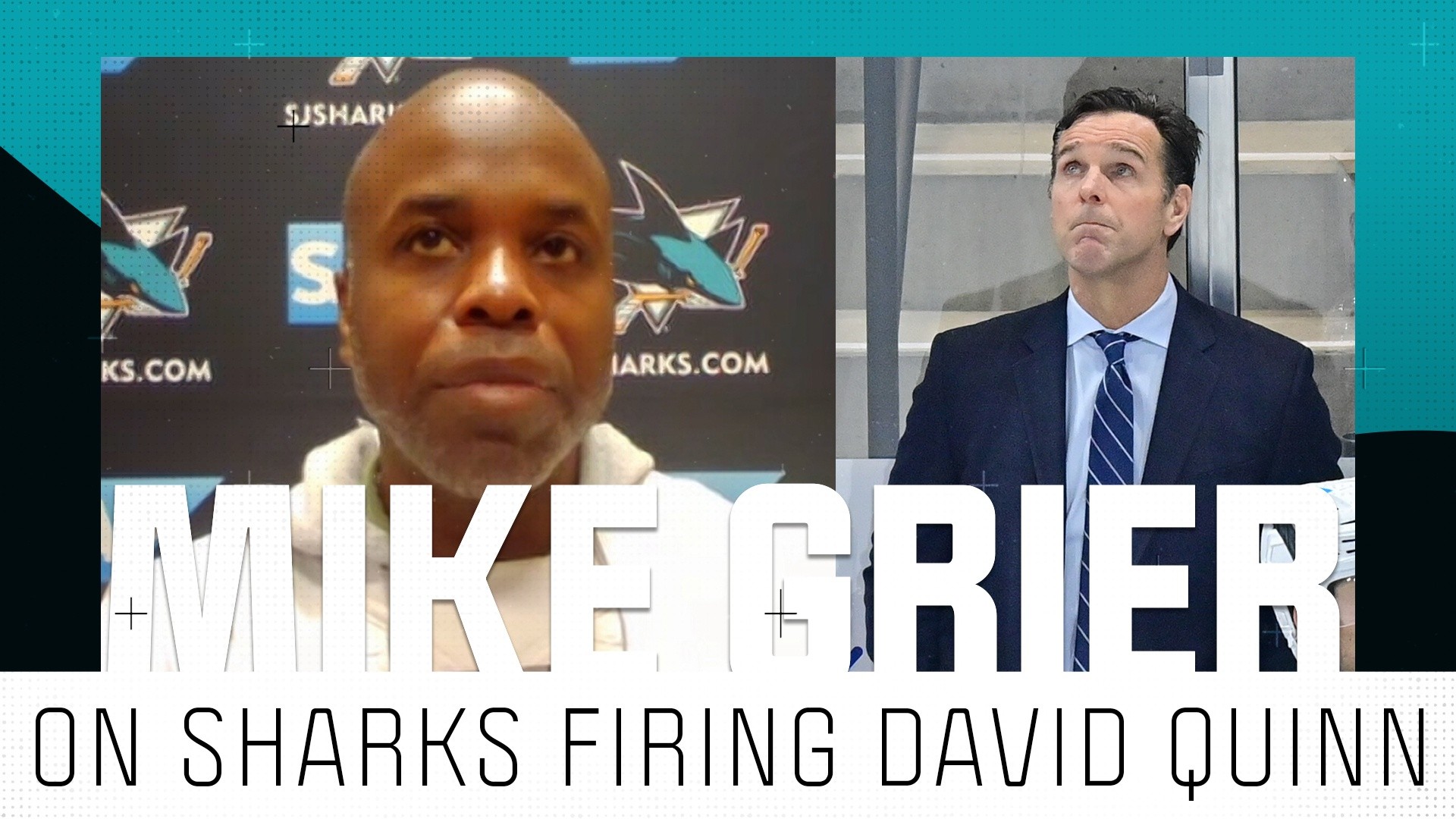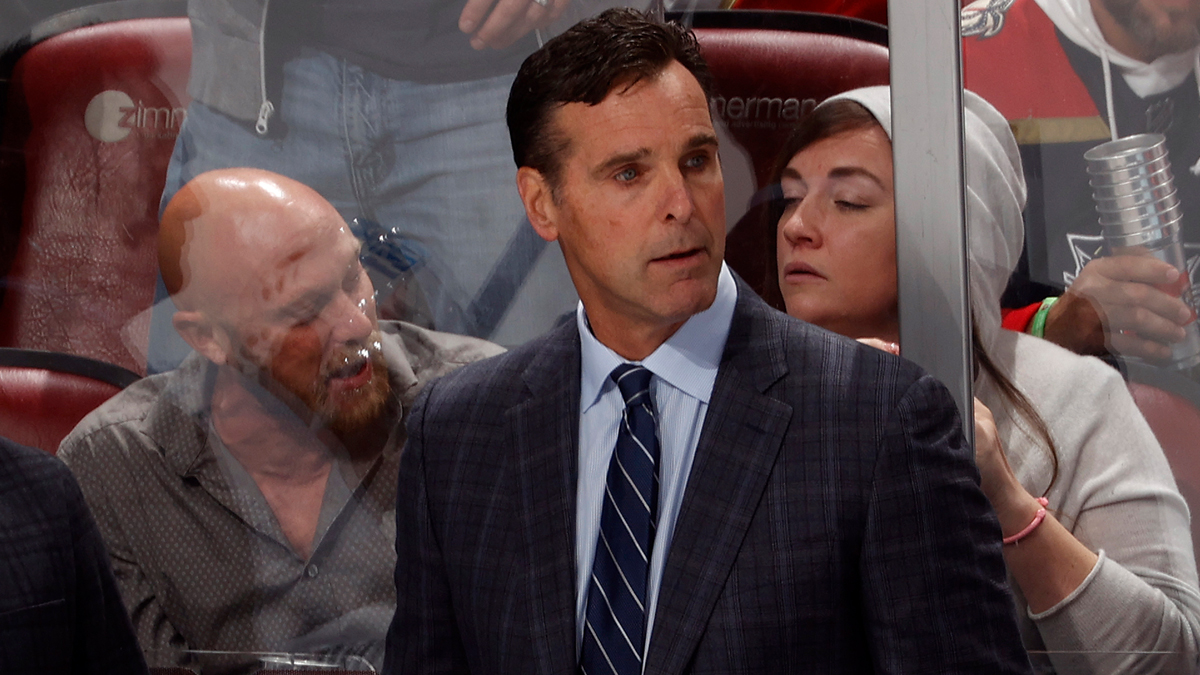SAN JOSE -- As he waited just over eight minutes between his two shifts of the night on Tuesday against the Nashville Predators, there’s a good chance Sharks defenseman Brenden Dillon chatted with his teammates.
Last week at the team’s practice facility, he told reporters that doing so helps him stay sharp.
“It kind of just keeps you engaged in the game,” Dillon said, “because when you’re not touching the puck and you’re not getting on the ice, it’s a little tough. But for our bench, I think we’re a pretty loud, vocal bench which kind of keeps you mentally engaged in it anyways.”
Stay in the game with the latest updates on your beloved Bay Area and California sports teams! Sign up here for our All Access Daily newsletter.
Dillon does play on the penalty kill, as evidenced by his highlight-reel, shorthanded tally in the third period of Tuesday’s 5-4 win over the Predators. But, he doesn’t play on the power play, and the Sharks had two opportunities on the man advantage within the first 10 minutes on Tuesday.
Hence, the extended break, something becoming more common for Dillon this season.
That’s because the Sharks have played a combined 13:49 per game on the power play and penalty kill this season, the NHL’s fourth-highest total according to Natural Stat Trick. They’ve averaged more time on the power play than all but six teams, and more shorthanded time than all but three.
That’s a departure from recent seasons.
San Jose Sharks
This year, the Sharks are playing at least three-and-a-half more minutes per game on special teams than any other year since Peter DeBoer took over as head coach in 2015. The increase is largely driven by the extra two-and-a-half minutes on the penalty kill (7:25) than the previous high (4:45).
“We don’t wanna be a team that trades [power plays] all night with teams,” DeBoer said last week. “I like our special teams, but I think our strength lies in our five-on-five game, and historically here we’ve been a low, penalty-taking team.”
DeBoer added that the Sharks are “getting used to the standards” of the referees, who he said were cracking down on calls this season. Entering Wednesday, teams were averaging 3.41 power-play opportunities per game, according to Hockey Reference. If that holds over a full campaign, it would be the highest per-game average in eight seasons.
The Sharks’ special teams are improving, but spending more time there means less at even strength. Five-on-five, San Jose’s been one of the best teams in the league, sitting no worse than first or second in every major puck-possession category.
That extra special-teams time has also affected player usage, particularly on the blue line.
The Sharks were always going to use their defensemen differently after the acquisition of two-time Norris Trophy winner Erik Karlsson, but the extra time on the power play and penalty kill has skewed things a bit further.
For instance, Dillon and Justin Braun kill penalties, but they are, respectively, still playing about three and two fewer minutes than last season. Joakim Ryan, meanwhile, is not a special-teams regular. He wasn’t last year, either, and is still playing about five fewer minutes this season.
On Tuesday, Ryan sat for 7:50 in the third period as the Sharks and Predators traded penalties and San Jose mounted a two-goal comeback.
“It’s definitely tough,” Ryan said of those kind of stretches last week. “It seems like every game so far this year has been like that, just tons of penalties. The biggest thing is just mentally staying with it, and being ready for that next shift. You can’t really have that drop-off, you’ve just got to get the job done.”
He has so far. The Sharks are generating a higher share of shot attempts, shots, and chances with Ryan on the ice than with him off of it.
They’re surely happy with the extra power-play time, but spending less time in their own penalty box would ensure the Sharks see more of Ryan and the rest of the defense corps.
“I think when we’ve had stretches where we’re playing five-on-five, where we’ve been rolling our three pairs, it’s been going well,” Ryan said. “So the biggest thing is [to] just stop taking as many penalties as we have been, and that helps everyone get into the game a bit more.”


